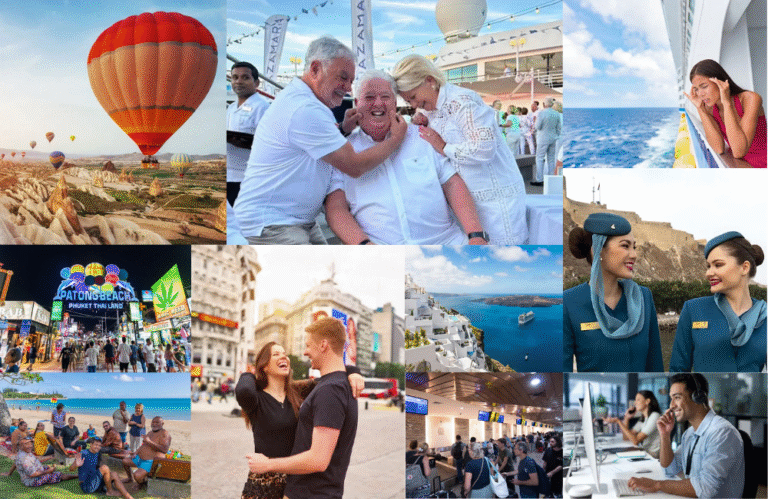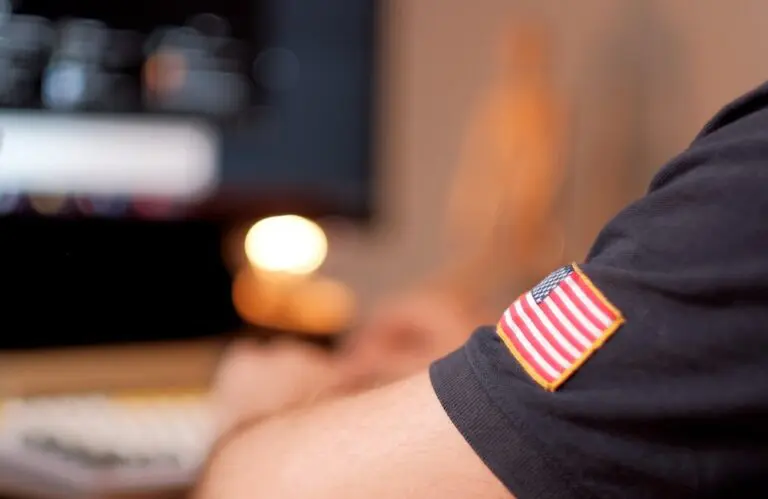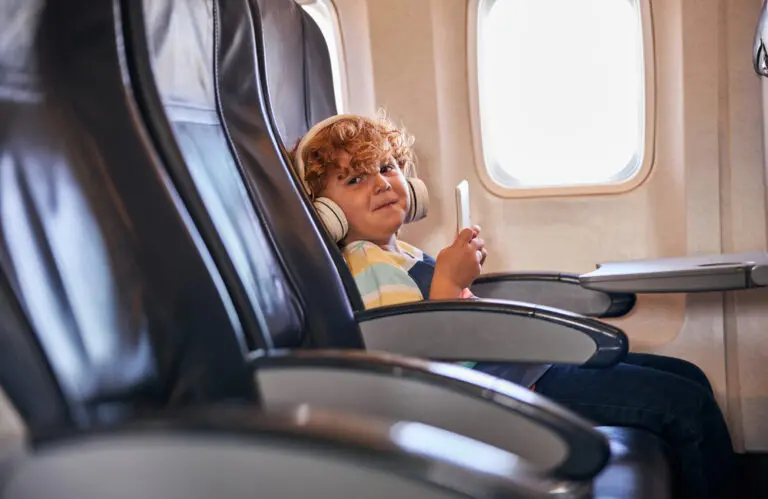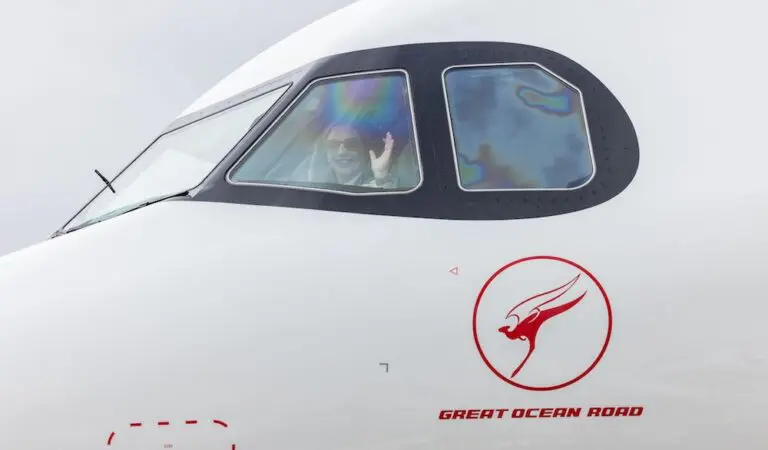Scott Morrison has refused to reveal the benchmark for reopening the international border, saying only that restrictions will remain in place until it is safe to do anything different.
In what is not-so-welcome news for the travel industry and anyone who has family or friends overseas, Australian Prime Minister Scott Morrison is staying uncommunicative about how and when international borders could reopen.
“It’s not safe to take those next steps right now, it’s not. But we’ll keep working on what the next steps are,” he told reporters in Queensland on Monday.
What’s going on?

Three in four people believe Australia’s international border should remain closed until at least the middle of next year and the prime minister is taking comfort in broad support for the closed border.
A poll published by The Australian has found 73 per cent of voters think the border should stay closed until at least mid-2022.
Only one in five people believes the border should open as soon as all Australians who want to be are vaccinated.
However, there is a growing push from the business community and within government ranks to open the border sooner than planned.
A group of Liberal MPs, including Jason Falinski, want the country to reopen as soon as possible and are calling for vaccinated Australians to be given a greater opportunity to travel overseas.
Mr Falinski said it was understandable people had adopted a “fortress mentality” during the coronavirus pandemic. “But it doesn’t need to be that way,” he told Seven.
“We spent a lot of money keeping families safe, we don’t want to keep them apart.”
Mr Falinski wants people who are vaccinated to be able to reunite with friends and family overseas.
He suggested vaccinated people could quarantine at home rather than in a hotel upon their return to Australia.
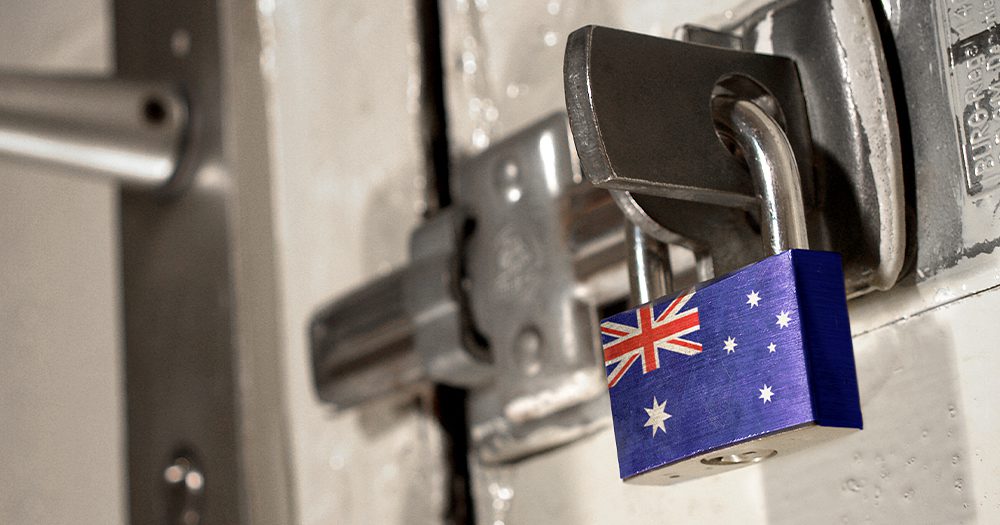
Business leaders also want the borders to reopen, concerned about the economic consequences of keeping them sealed for another year.
Off the back of the federal budget announcement last week Michael Buckland, executive director of policy think tank the McKell Institute, who authored a recent report told Business Insider the impact of border closures “will lead to a reduction in economic activity in the tens of billions of dollars.”
“Looking into 2022, you get to the 40 billion mark,” he suggested of the ongoing economic impact but added that number reduces if Australia creates travel bubbles with other countries similar to that already in place with New Zealand.
NSW Treasurer Dominic Perrottet agrees, and has warned against letting populism determine public policy.
“It’s the role of political leaders not to be following the polling or looking at what focus groups are saying,” Mr Perrottet told Sky News.
“The job is to lead and communicate and bring Australian people with us.”
Former deputy chief medical officer Nick Coatsworth said Australians must learn to live with coronavirus and be prepared for the disease to spread in the community when international borders reopen.
Dr Coatsworth said reaching zero cases of coronavirus in Australia was “perhaps unattainable” and suggested vaccination rates of 90 per cent may be needed to control coronavirus within the community.
The rollout
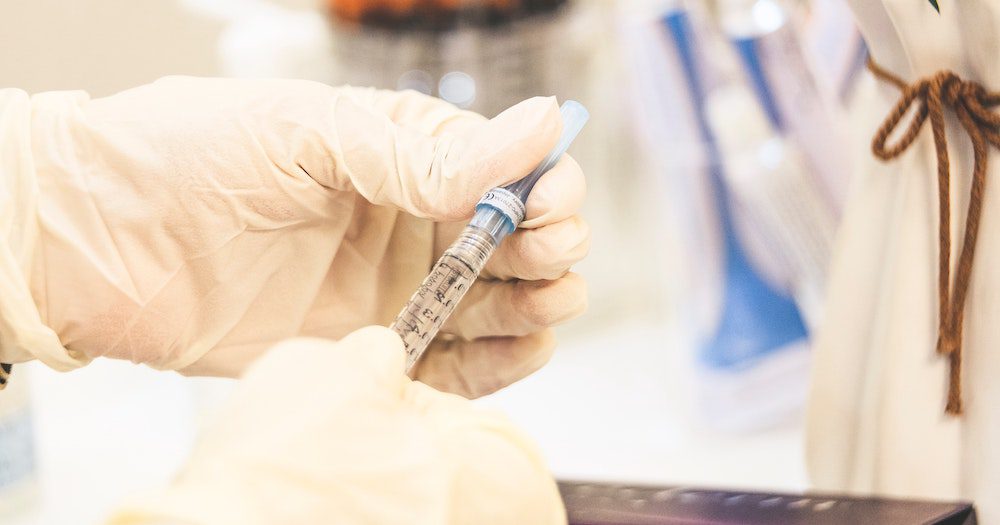
Australia’s vaccination rollout has entered a new stage, with people aged over 50 able to get the AstraZeneca shot from their family doctor.
The vaccines will be available at more than 4000 general practices across the country, with some clinics to have their deliveries tripled to cope with the expected rise in demand.
Previously, people aged over 50 could only receive their jabs from vaccination hubs or respiratory clinics.
More than three million Australians have received their coronavirus vaccinations, but 15 per cent of aged care residents have still not been vaccinated.
Mr Hunt defended the pace of the rollout in the sector after the disability royal commission heard it was an abject failure.
Source: AAP
- Keeping Australia’s Border Closed Could Cost The Nation $40 Billion
- CATO: Outbound Travel Is In Limbo, So Where’s The Roadmap?
- Qantas Shifts October Restart To December For International Flights


